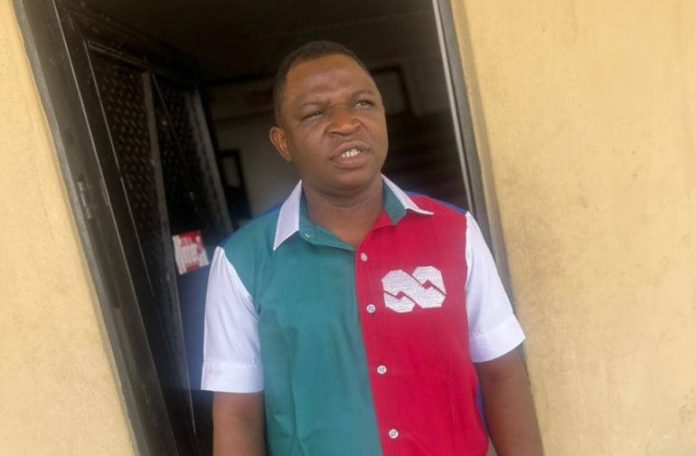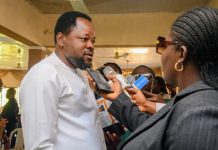
By Shola Elekan
As a professional bridging the realms of data science and politics, I am compelled to address the lawsuit Barrister Emodamori has filed against the Ondo State Government concerning the administration of Local Government Areas (LGAs) and Local Council Development Areas (LCDAs).
This letter is not just a critique of the legal action itself, but also a dissection of the political underpinnings that seem to influence it. Your decision to challenge the state’s directive for Heads of Local Government Administration to temporarily manage LGAs and LCDAs ostensibly rests on constitutional grounds.
However, a deeper analysis, both legal and data-driven, suggests a more complex scenario influenced by political machinations. As a data scientist, I am trained to identify patterns and anomalies in data. When applied to the realm of political strategy, these skills become instrumental in uncovering underlying motivations and strategies behind ostensibly legalistic moves.
In the current political landscape of Ondo State, there exists a palpable tension between different political factions. Your legal challenge appears to be synchronously aligned with the interests of certain political leaders who are known to be in opposition to the current state government.
This alignment raises substantial questions about the independence of your legal pursuit. It is essential to scrutinize this lawsuit not just through the lens of constitutional fidelity, but also in the context of its potential exploitation as a political tool.
The timing of your lawsuit, coinciding with a period of political volatility in the state, indicates a strategic maneuver rather than a spontaneous act of legal advocacy. This observation is not merely speculative but is grounded in the analytical evaluation of political patterns and trends.
The legal fraternity, while autonomous, is not immune to the influences of political dynamics. The concern here is that your legal action, under the guise of constitutional advocacy, might be serving the interests of certain political factions rather than the broader public good.
Furthermore, the language and narrative employed in your legal challenge bear the hallmarks of political rhetoric, rather than objective legal reasoning. The assertion of constitutional violation must be critically evaluated against the backdrop of governance data, including administrative efficiency, service delivery continuity, and the overall impact on public welfare.
Data analysis in governance often reveals the efficacy or deficiency of administrative decisions, providing a more nuanced understanding than mere legal interpretations. Moreover, the role of a lawyer in a democratic society is to uphold the principles of justice and the rule of law, independent of political biases.
When legal actions are perceived as extensions of political strategies, they undermine the sanctity of the legal process and erode public trust in the judicial system. The ethical implications of such perceived alignment with political factions are far-reaching and detrimental to the legal profession’s credibility.
In this regard, I pose the following questions:
How does your lawsuit align with data-driven indicators of effective governance and public welfare, beyond the purview of legal stipulations?
To what extent have political actors, possibly those positioned against the current government, influenced the initiation and direction of your legal challenge?
Is there a risk that this legal action, while anchored in constitutional discourse, might inadvertently become a tool for political gains rather than serving the public interest?
While your legal expertise and dedication to constitutional principles are commendable, the apparent political undertones of this lawsuit necessitate a thorough re-evaluation.
As professionals committed to the progress of Ondo State, it is imperative that our actions, whether in the legal or political spheres, are guided by a balanced consideration of legal integrity, empirical evidence, and the overarching public interest.
Shola Elekan is a Data Scientist and Politician from Akoko North West.















